- Basinikonda, Madanapalle, Annamayya (Dist), AP, Pin - 517325.
- imforupvtltd@gmail.com
About Sheep Farming....
Sheep Farming: An Overview
Sheep Farming, also known as Sheep Husbandry, is the practice of raising and breeding sheep primarily for Wool, Meat (Lamb or Mutton), and Milk. This time-honored agricultural activity has played a vital role in sustaining rural communities and economies for generations. Below is a comprehensive look at the key aspects of sheep farming.
Key Aspects of Sheep Farming:
Sheep Farming involves several important components that contribute to the health, productivity, and profitability of the flock. Here’s a closer look at the key areas:
1. Sheep Breeds
Selecting the right breed is essential and depends on the intended purpose:
Wool Production: Breeds such as Merino, Romney, and Rambouillet are prized for their fine, high-quality wool.
Meat Production: Suffolk, Dorper, and Texel breeds are known for their excellent meat yield and rapid growth.
Dual-Purpose: Breeds like Dorset and Polypay are versatile, providing both good-quality wool and meat.
2. Housing and Shelter
Providing proper shelter is crucial to protect sheep from harsh weather conditions:
Barns or Sheds: Offer essential protection, keeping sheep cool during hot summers and warm in cold winters.
Pasture Shelters: Simple, weather-resistant structures placed in grazing areas can shield sheep from wind, rain, and sun.
3. Feeding and Nutrition
A balanced diet is key to maintaining healthy and productive sheep:
Pasture Grazing: Sheep thrive on well-managed grasslands; rotational grazing helps maintain pasture quality and avoid overgrazing.
Supplemental Feeding: During winter or periods of poor forage, feeding hay, silage, or grains ensures adequate nutrition.
Mineral Supplements: Salt licks and mineral blocks supply essential trace elements to support overall health and productivity.
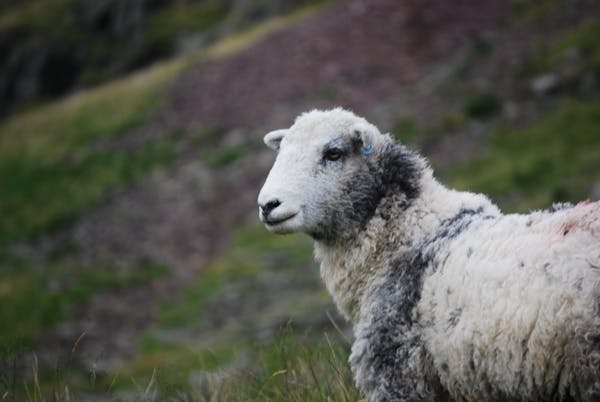
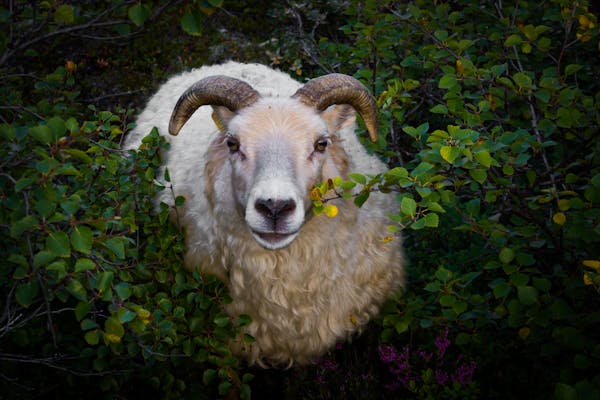
4. Breeding and Reproduction
Effective breeding management is key to maintaining a productive and healthy flock:
Estrus Cycle: Most sheep breeds are seasonal breeders, with mating typically occurring in the fall to allow lambs to be born in spring.
Lambing: Careful oversight during lambing season is critical for maximizing survival rates. Ewes and newborn lambs should be provided with a clean, safe, and stress-free environment.
5. Health and Welfare
Promoting animal health is essential for the long-term success of any sheep farming operation:
Vaccinations: Routine vaccinations help protect against common and contagious diseases.
Parasite Control: Regular deworming and measures to manage external parasites, such as lice and ticks, help maintain flock health.
Hoof Care: Routine hoof trimming is necessary to prevent infections and lameness, supporting mobility and overall well-being.
6. Wool Harvesting
Shearing is a vital part of sheep care and wool production:
Annual Shearing: Usually performed in the spring, shearing helps keep sheep cool and reduces the risk of skin infections and flystrike.
Wool Processing: Once harvested, wool can be sold raw or processed into products like yarn, fabric, and textiles, adding value and income potential to the farm.
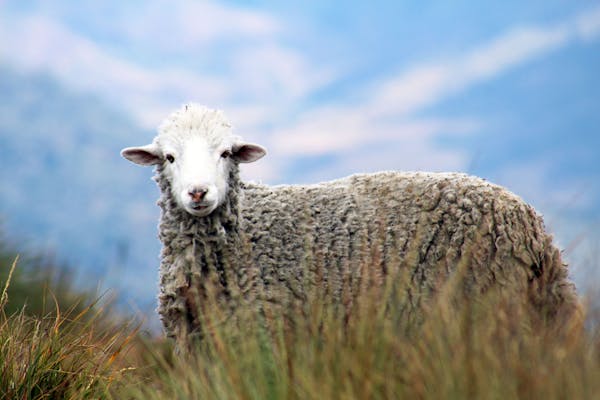
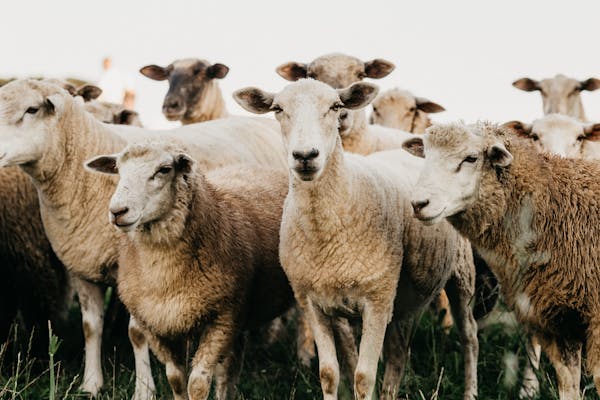
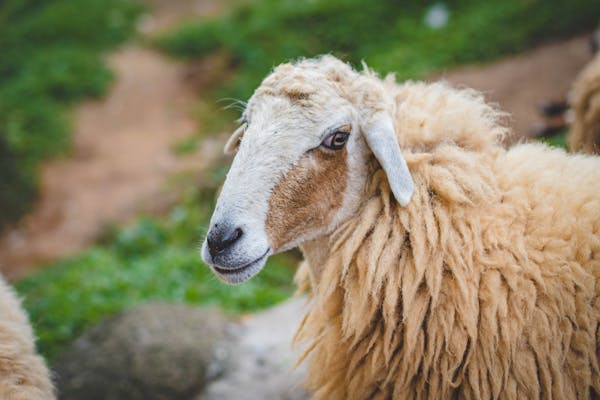
7. Meat Production
Sheep raised for meat require strategic planning to meet market expectations:
Lambing Season: Timing lamb births to align with market demand ensures optimal growth and profitability.
Butchering and Processing: Emphasis on humane, efficient processing methods maintains meat quality and meets ethical standards.
8. Economic Aspects
With thoughtful management, sheep farming can be a rewarding and profitable business:
Market Research: Understanding trends and consumer preferences for wool, meat, and niche products is key to success.
Cost Management: Monitoring and controlling expenses—such as feed, healthcare, and infrastructure—is essential for sustainability.
Diversification: Offering value-added products like organic wool, artisan cheeses, or specialty lamb cuts can boost income and market reach.
9. Environmental Impact
Sheep farming, when practiced responsibly, can contribute positively to the environment:
Grazing Management: Implementing rotational grazing supports pasture regeneration, reduces overgrazing, and minimizes soil erosion.
Sustainable Practices: Incorporating renewable energy, composting, and organic farming techniques helps reduce the farm’s ecological footprint while promoting biodiversity and soil health.
Encouragement for Small-Scale Sheep Farming Investment
Dear Aspiring Sheep Farmer,
Embarking on your sheep farming journey—no matter how small—is a step toward a fulfilling and promising future. Sheep farming offers a unique blend of simplicity, sustainability, and profitability. Here’s why it’s a smart and worthwhile investment:
1. Low Startup Costs
Compared to other types of livestock, sheep require less initial capital, making it an ideal choice for small-scale and first-time farmers.
2. Multiple Income Opportunities
Sheep are a versatile resource, producing wool, meat, and milk—each opening doors to different markets.
You can further increase your earnings by exploring value-added products like handcrafted wool items, specialty cheeses, or gourmet lamb cuts.
3. Environmentally Friendly Farming
Sheep integrate seamlessly into sustainable agriculture. They help improve soil health, support biodiversity, and are excellent for weed control and pasture maintenance, making your land more productive over time.
4. Strengthening Communities and Tradition
By offering locally sourced, high-quality products, you support your local economy and connect with your community.
Sheep farming also upholds rich cultural traditions that have sustained rural life for generations.
5. Flexibility and Hands-On Management
With a small flock, you remain closely involved in every aspect of care and decision-making.
This flexibility allows you to adapt quickly to local market trends and environmental factors—ensuring resilience and long-term success
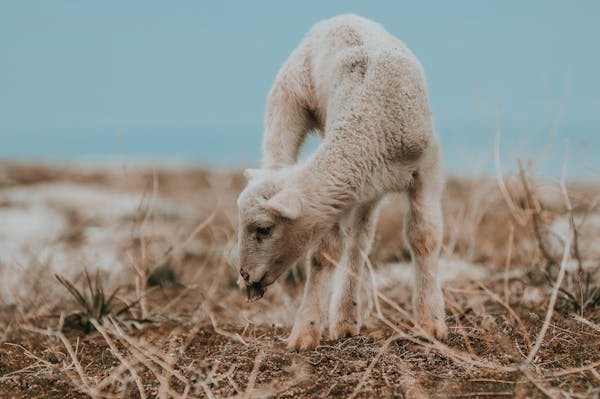

Taking the First Steps:
Starting your Sheep Farming journey doesn’t have to be overwhelming. With the right approach, you can build a solid foundation for long-term success:
Start Small – Begin with a manageable number of sheep to gain hands-on experience. As your confidence and knowledge grow, you can gradually expand your flock.
Learn Continuously – Tap into agricultural extension programs, online courses, and local farming communities to strengthen your skills in animal care, breeding, pasture management, and more.
Plan and Budget Wisely – Create a detailed business plan and financial strategy. Clear goals and smart budgeting will help ensure steady growth and sustainable operations.
Remember, every thriving sheep farm began with a single, courageous step.
Your passion, commitment, and thoughtful investment choices will lay the foundation for a successful and rewarding journey in sheep farming. Embrace the challenges, celebrate the milestones, and stay focused—each step forward brings you closer to turning your farming dreams into reality.
Wishing you great success in your sheep farming journey!
Warmest regards,
Valipi Reddy
CEO, IMFORU PVT. LTD.
